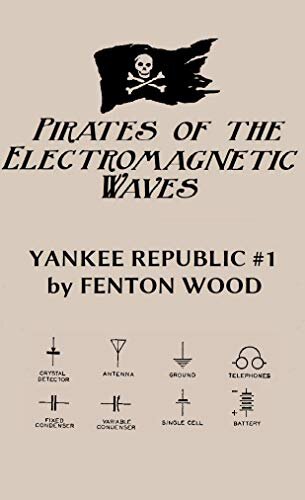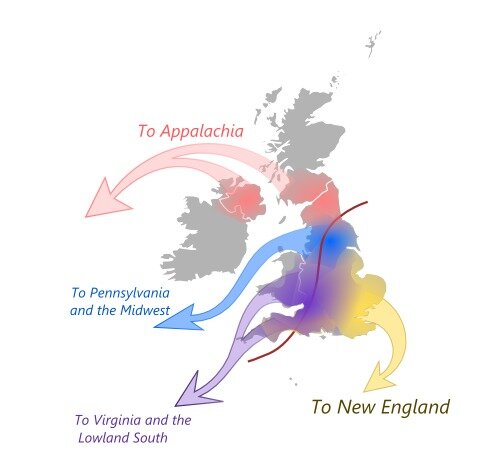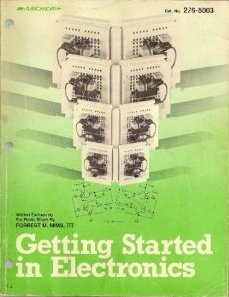Pirates of the Electromagnetic Waves Book Review
Pirates of the Electromagnetic Waves is a sweet, nostalgic book about a world that never was. And radios. There is some impressively nerdy stuff about electronics here.

by Fenton Wood Published by Amazon Digital Services, September 3rd, 2018 ASIN B07H2RJK8J
Much like the non-existent European setting of Kiki’s Delivery Service, the Yankee Republic almost seems more real than the world we live in. Maybe it is something like an archetype, a humbler America in a kinder world that avoided the worst parts of the nineteenth and twentieth centuries.
There is a principle of alternative history that you should change one event, and then try to see what follows from that. Fenton Wood cheerfully didn’t follow that advice, and we have a world that skipped the War Between the States, the Bolshevik Revolution, and the Norman Conquest of 1099. I found the last the boldest move, insofar as the Yankee Republic clearly draws on British sources even in its own world, and I think it is an interesting thought exercise to see what a comprehensively Anglo-Saxon England would have turned into less the Frenchified Vikings who inserted themselves at the top of the social order.

Albion’s Seed
The residents of Porterville, home to Philo Hergenschmidt, strike me as Scots-Irish in their folkways. I don’t have a compelling reason to think that the culture of the borderlands would have been greatly altered absent the Normans. Also, I’m not here to police the borders of alt-history, which the Scots-Irish wouldn’t respect anyway.
Philo and his people are mountain folk, self-reliant and thrifty. They do have commerce with the wider world, but they are also content with what they have. In the high-trust environment of Porterville, kids can spend lots of time outdoors, doing what they like. Which means that unusual kids like Philo can develop unusual hobbies, like building everything in 101 Radio Projects for Boys, by Forrest C. Felix.

Forrest M. Mim III’s masterpiece
I don’t know that this is certainly the reference, but I immediately thought of Forrest M. Mim III’s Getting Started in Electronics. I had a copy of this book as a boy, so Philo’s efforts often reminded me of my own childhood. A more modern example would be Make: Electronics by Charles Platt, or the many projects you can find on Hackaday.
The world of Philo, and especially of Russell, his co-conspirator and raconteur extraordinaire, is also subtly magical. Or maybe a better word is numinous, since the hand of providence can be dimly seen. Randall tells tall tales with the best of them, and I am pretty sure I detected a bit of Tim Powers in the story about the White Clown. But the most arresting sequence in the book is the Bright Birds, which was so evocative that I almost could swear I could hear the song that no one could record.
Reading this book just made me happy. It is a paean to innocence and adventure and a love of the place you find yourself in. It is also reasonably priced, albeit of novella length. Highly recommended.


Comments ()